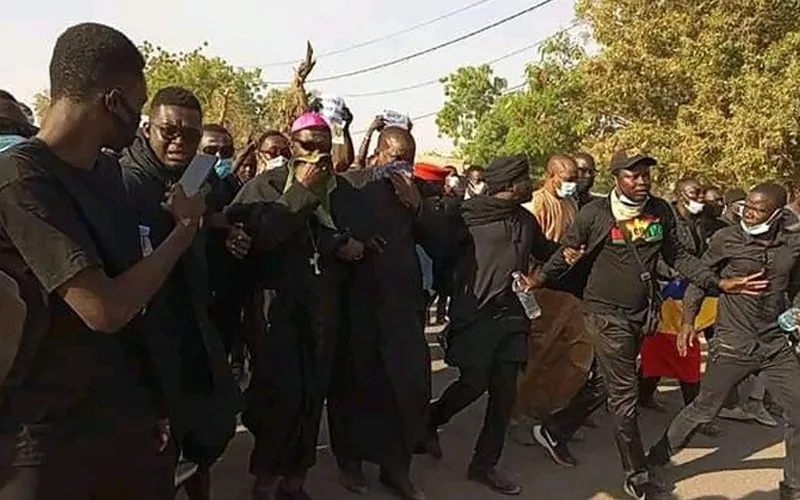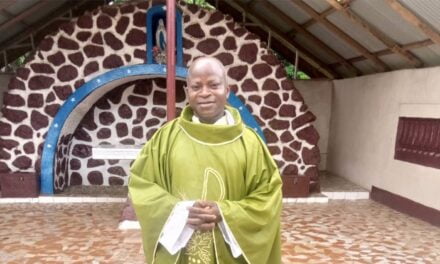Located approximately a hundred kilometers from the capital Niamey, the Three Borders region – encompassing Mali, Burkina Faso, and Niger – is the stage for a constant struggle against terrorist armed groups operating under the banner of jihadism. These groups, often referred to as “bandits” by local inhabitants, exert control through terror by imposing arbitrary taxes and forced conversions to Islam, while threatening the lives and property of local populations.
Residents, plagued by kidnappings, targeted assassinations, and constant intimidation, live in an atmosphere of growing fear and insecurity. Schools are deserted, villages abandoned, and those who remain are forced to choose between paying exorbitant sums for their security or abandoning their homes.
Since the kidnapping of Father Pierluigi Maccalli in 2018, the situation has deteriorated significantly, leaving farmers in the border region with Burkina Faso particularly vulnerable. Despite the presence of Nigerien military forces, the activities of armed groups continue unabated, with calls for help from the population largely ignored.
The creation of the Alliance of Sahel States (AES), comprising Mali, Burkina Faso, and Niger, under military regimes, has not been enough to stem this persistent threat. Sporadic security operations have failed to deter armed groups, who continue to recruit desperate youth by promising easy gains and a new social identity.
The situation has reached a critical point since last March, with entire villages such as Tiboandi, Kiloubiga, Torsé, and Koutougou facing the same oppressive demands from the bandits. Christians are often targeted, forced to pay exorbitant sums or convert to Islam under the threat of having to flee to safer areas.
Faced with authorities’ inability to ensure the security of local populations, helplessness and frustration are palpable. Sporadic raids and attempts to counter extremism have so far not had the desired effect.
It is crucial to emphasize that the ravages of extremism are not limited to Christians but affect the entire population of the Three Borders region. Farmers and rural residents, often marginalized economically and geopolitically, suffer the disastrous consequences of this persistent violence.
It is imperative that the international community intensifies its efforts to support vulnerable populations in the region and strengthen cooperation between member states of the Alliance of Sahel States. The security and stability of the region depend on a collective and coordinated response to counter extremism and restore peace and security for all.
- RECOWA-CERAO WELCOMES TWO NEW BISHOPS - July 26, 2024
- TODAY WE ARE TAKING UP THE THIRD SEGMENT IN OUR SERIES - July 26, 2024
- CHARACTERISTICS OF GREAT LEADERS SHARED BY A USA AUTHOR - July 25, 2024







